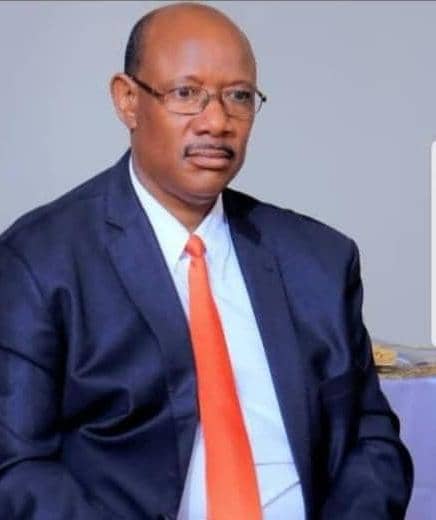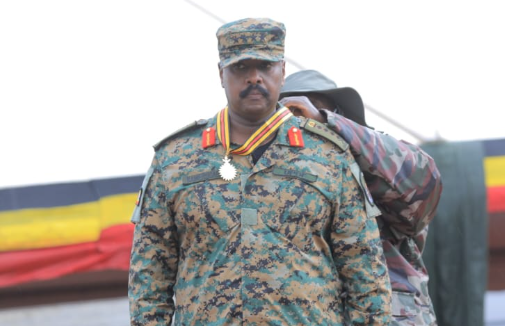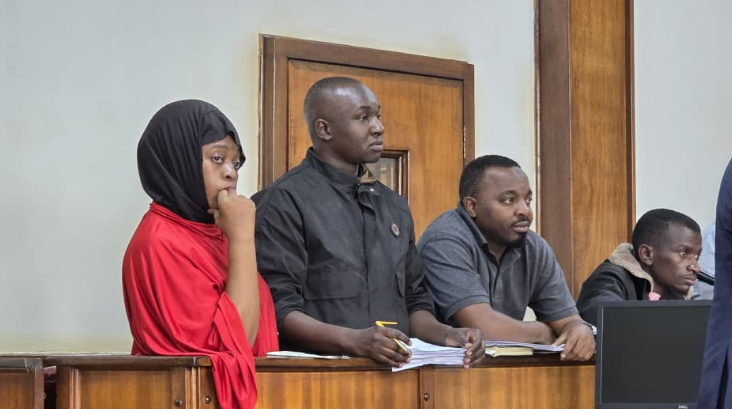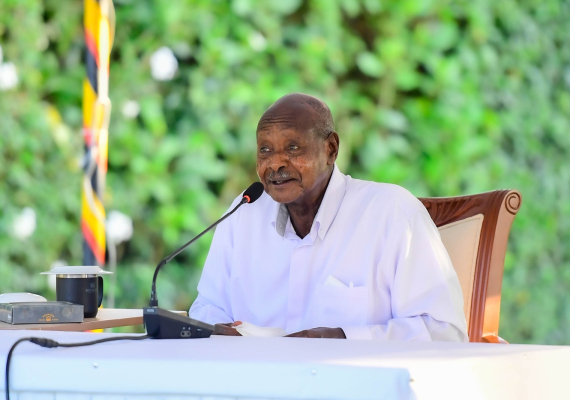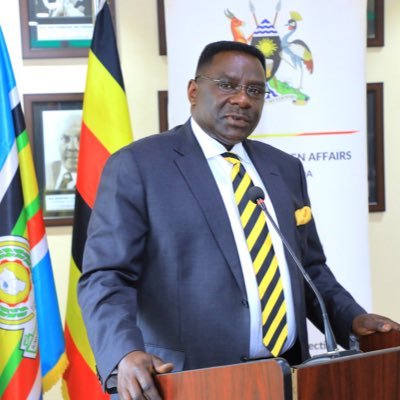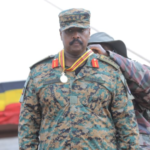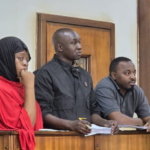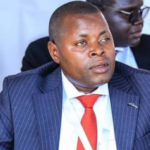By Dr. Gideon Tusigye
Ugandan migrant workers are the unsung heroes of our economy. Every year, they send home billions in remittances, providing lifelines to countless families and bolstering the national economy. Yet, despite their significant contributions, they face a myriad of challenges that threaten their dignity, rights, and well-being. The Ministry of Gender, Labour, and Social Development plays a critical role in protecting these workers—but far more needs to be done.
Fragmentation as a Tool of Exploitation
One of the most damaging challenges migrant workers face is the deliberate fragmentation of their representation. Instead of being recognized and engaged as a united body, they are often broken down into smaller, siloed associations. This strategy weakens their collective voice and is used as a pretext to label them as “disorganized,” thereby denying them their fundamental right to collective bargaining. The result? Increased vulnerability to exploitation, abuse, low wages, and deplorable working conditions.
Migrant workers came to you as a federation. You still insist on engaging them as individual associations because you want to use that as a scapegoat—to call them disorganized and deny them their right to collective bargaining. You fuel conflicts among them to your advantage, escalating the ‘gulag’!
Imagine being thousands of miles away from home, working tirelessly in unfamiliar environments, only to find that your voice is intentionally silenced by those who should be amplifying it. This is the harsh reality faced by many Ugandan migrant workers. Rather than being treated as a unified force, they are fragmented and sidelined. This disunity is exploited, allowing authorities and recruiters to avoid accountability while keeping workers disempowered.
A Ministry Falling Short
The Ministry of Gender, Labour, and Social Development is mandated to protect the rights of Ugandan workers abroad. While there have been some commendable steps—such as pre-departure orientation programs—there remain glaring gaps in oversight, enforcement, and support. Many workers continue to endure wage theft, exploitation, trafficking, and forced labor, with limited access to justice.
It is vital that the Ministry strengthens the legal and institutional frameworks to combat these issues. This includes enforcing fair labor contracts, prosecuting traffickers and abusive recruiters, and establishing reliable, accessible channels through which workers can report abuse and seek assistance.
Recognize the Federation, Not the Chaos
To offer genuine support, the Ministry must formally recognize the Federation of Ugandan Migrant Workers Associations (FUMWA) as a legitimate and unified body capable of engaging in collective bargaining. Confusing or conflating this Federation with self-serving entities only deepens the chaos and impedes meaningful progress. Empowering the associations that have come together under FUMWA will not only enhance organization but also ensure orderly, accountable representation of Ugandan migrant workers.
Human Beings, Not Just Numbers
Behind every statistic is a person—a mother, a father, a son, a daughter—who has made the difficult decision to leave home in search of a better future. Even if just 0.01% of them suffer or die in this pursuit, that is 0.01% too many. No life is expendable.
These workers deserve more than praise in speeches. They deserve protection, justice, and respect. It is time for the Ugandan government to act decisively in their favor, ensuring their voices are heard, their rights are upheld, and their dignity is honored.
Ugandan migrant workers are not just numbers. They are people. They are our people. And their contributions must be valued—not just in remittances, but in rights, representation, and justice.
The writer is a former Iraq and Afghanistan returnee veteran.

